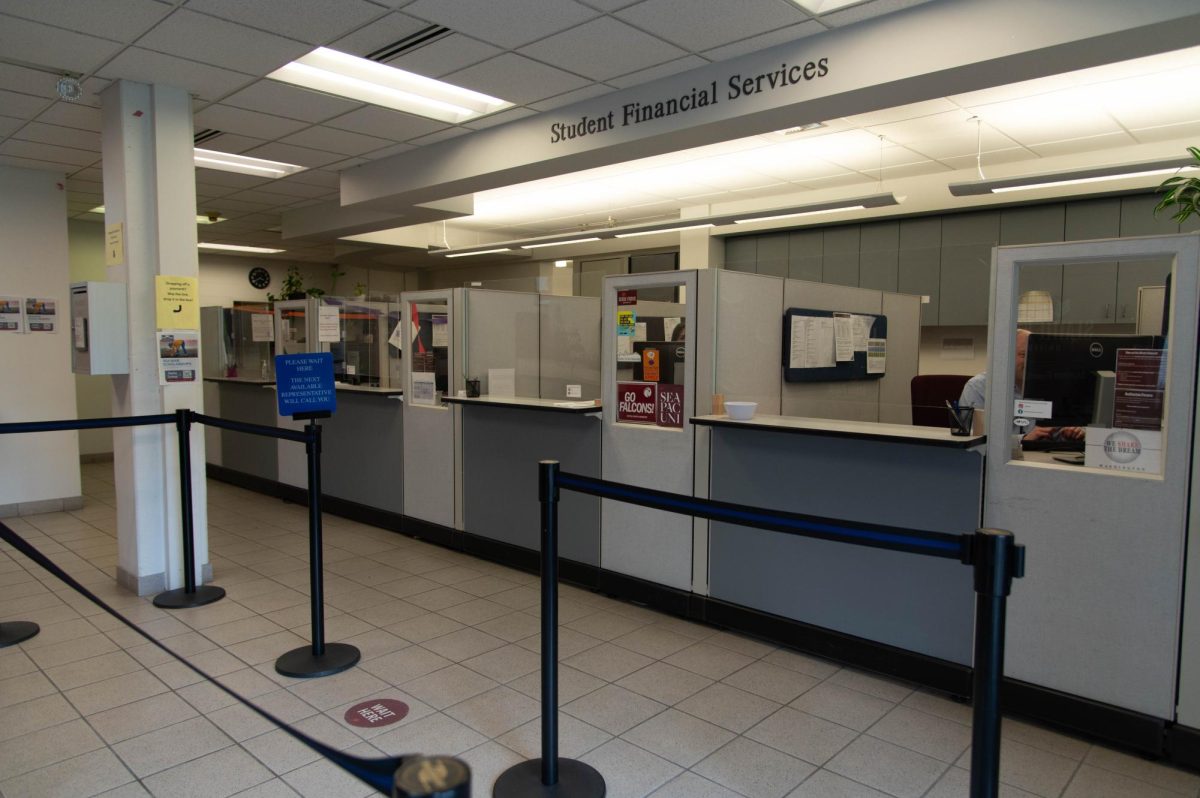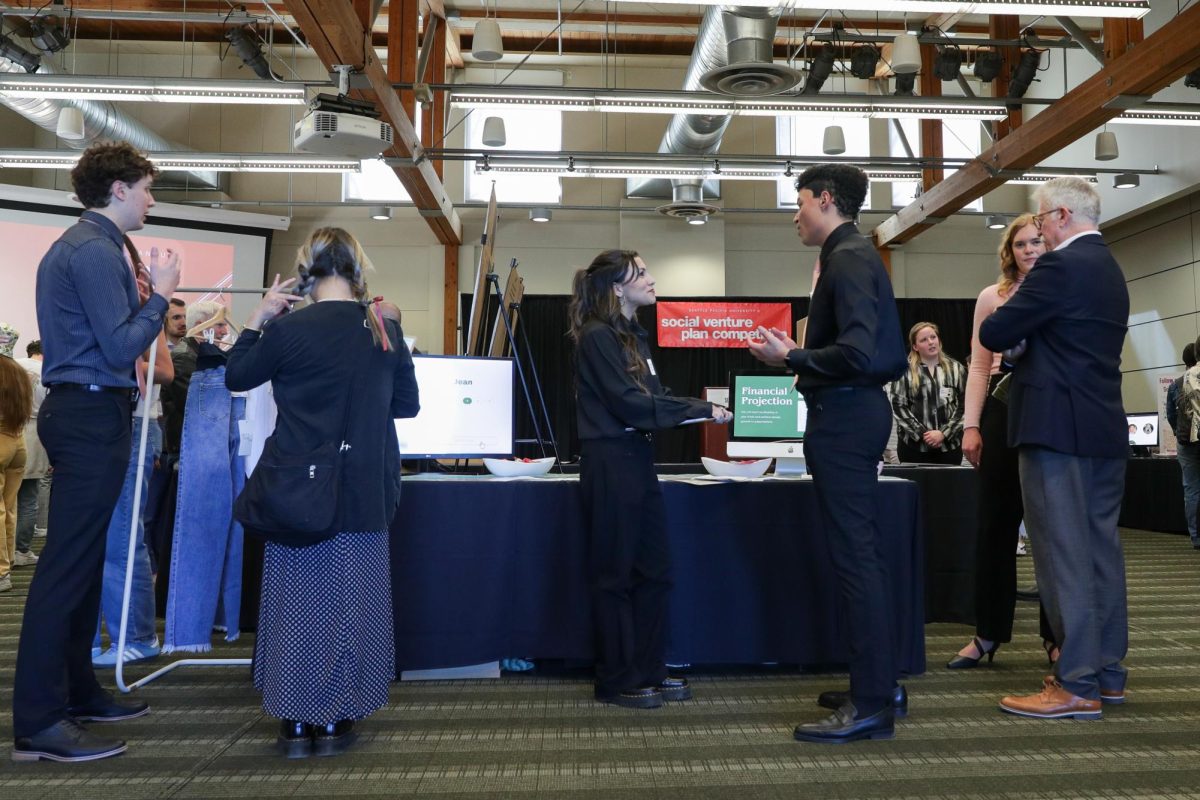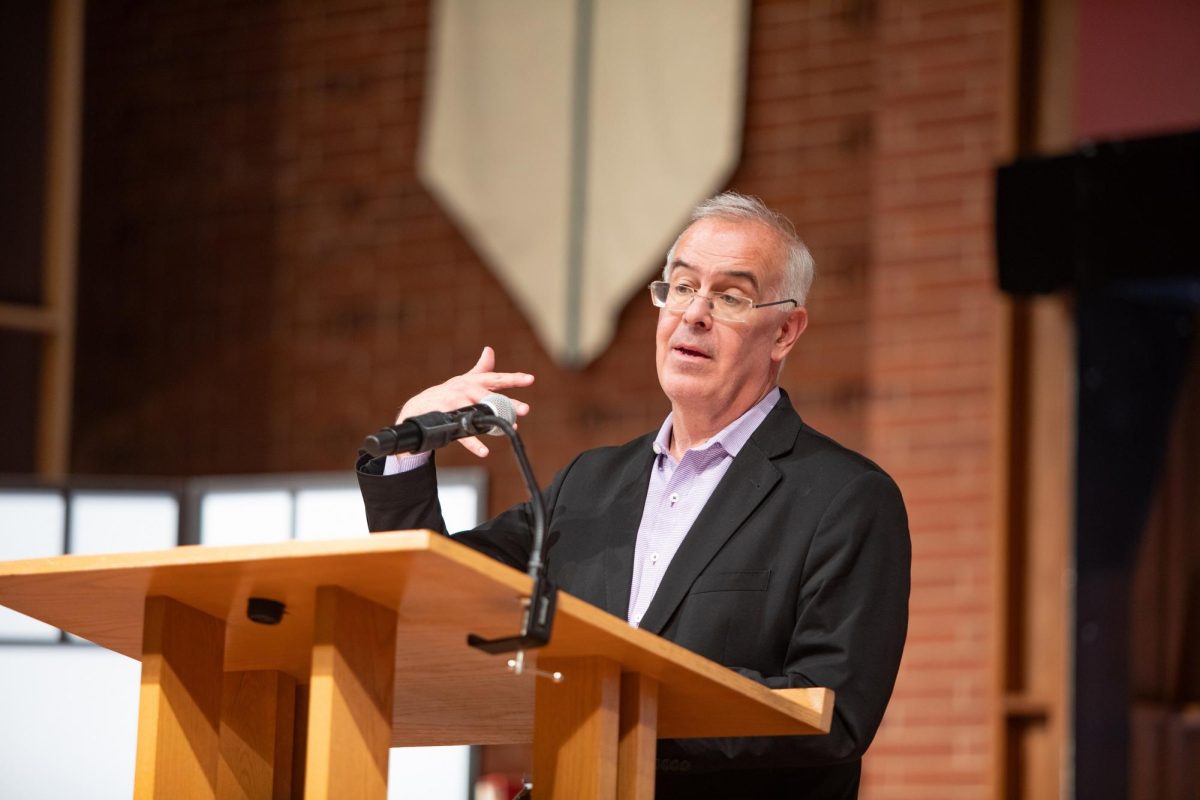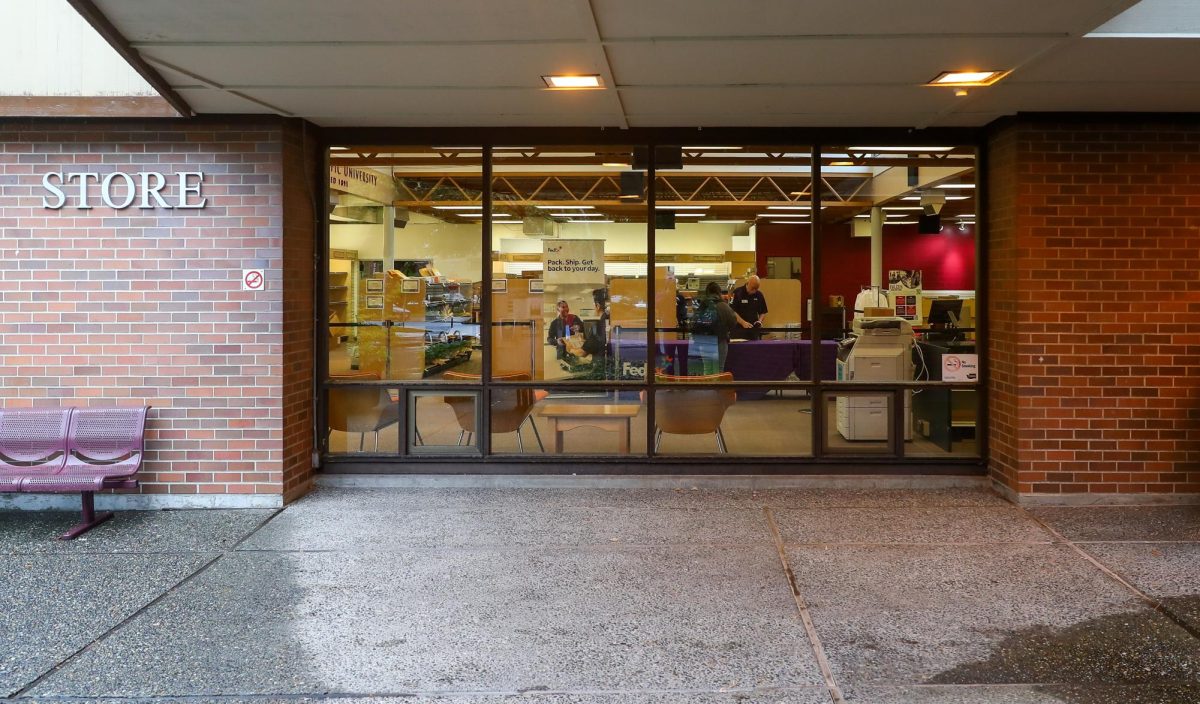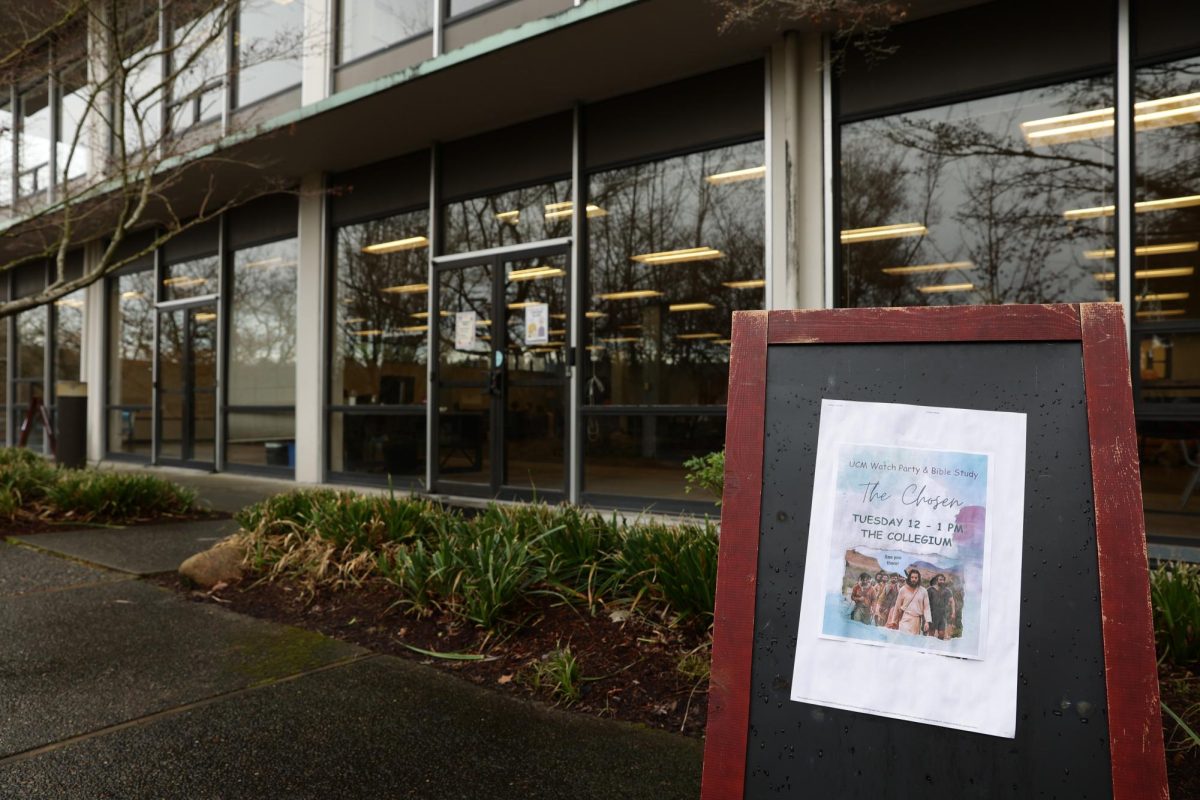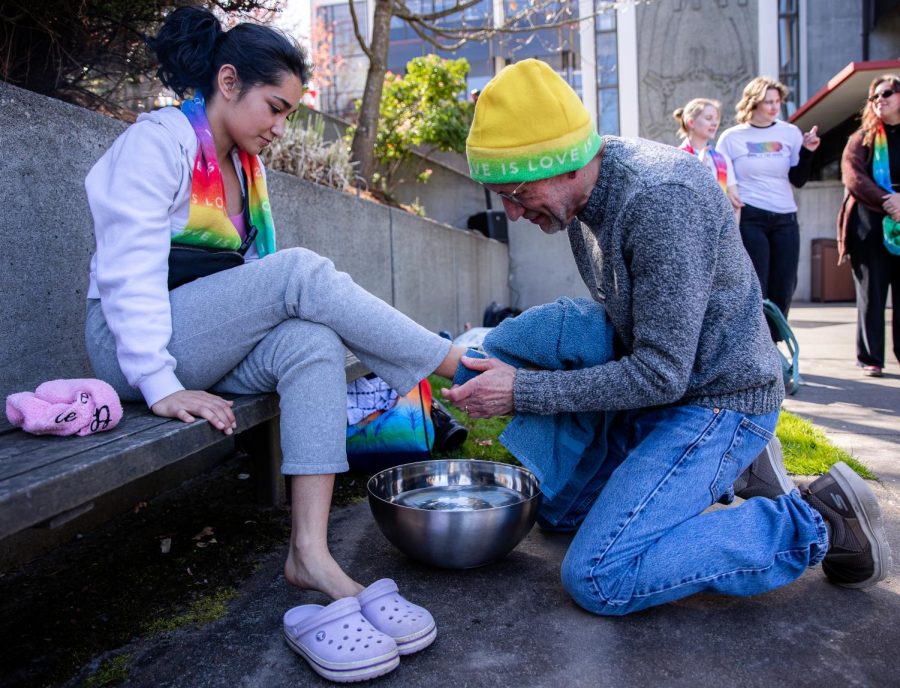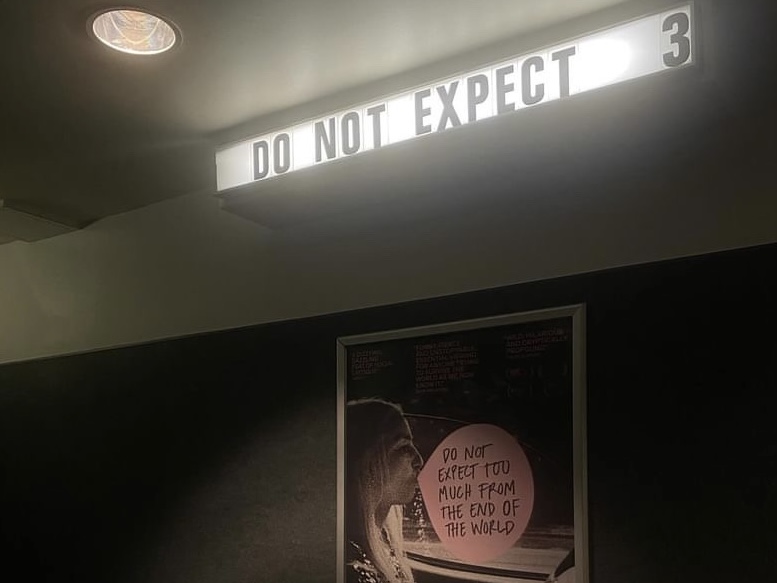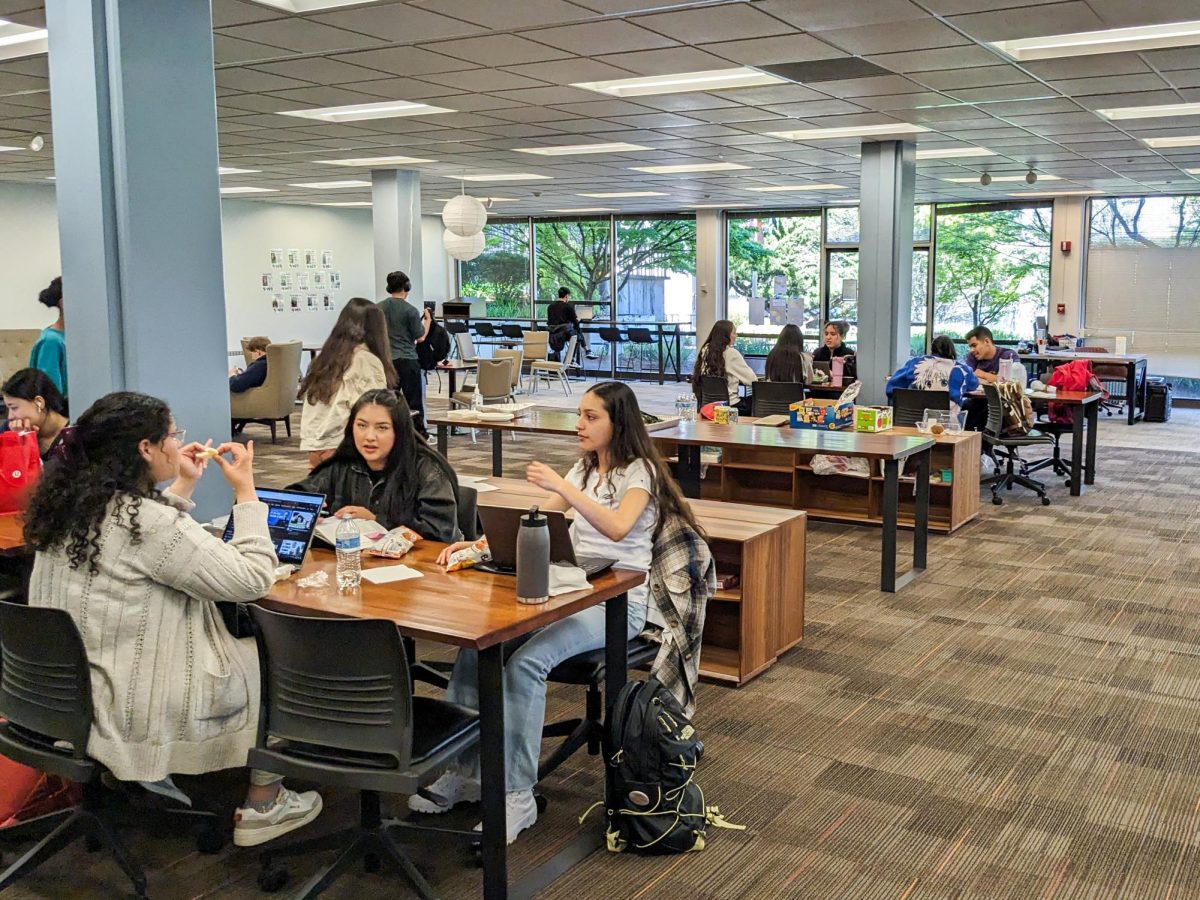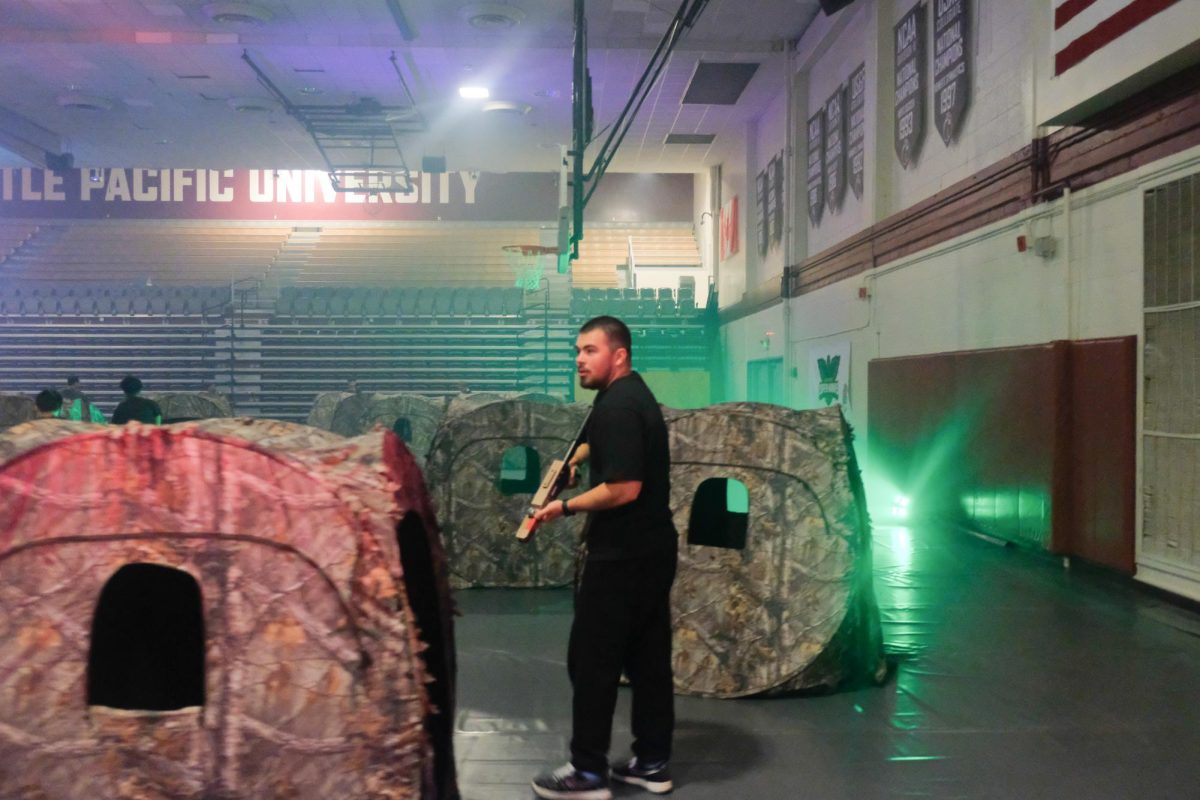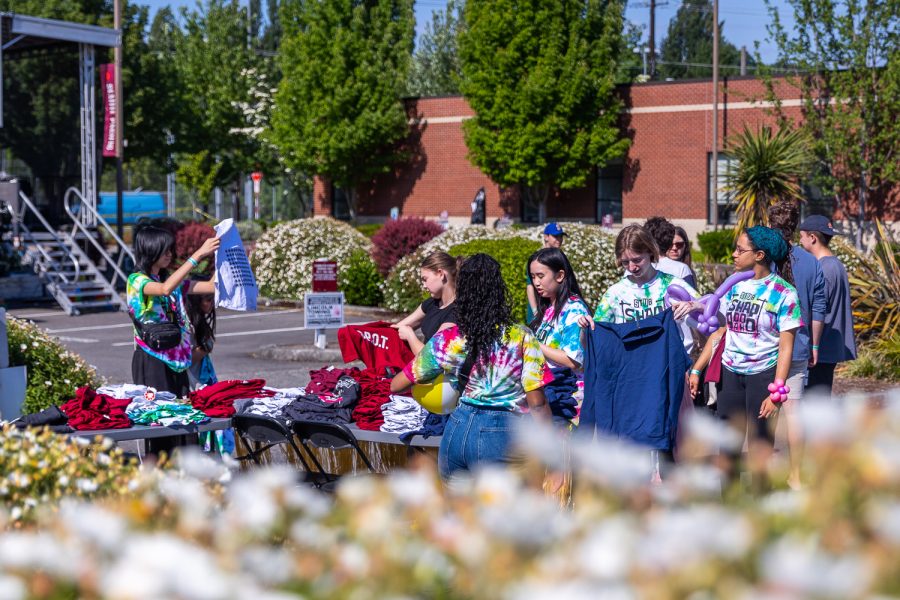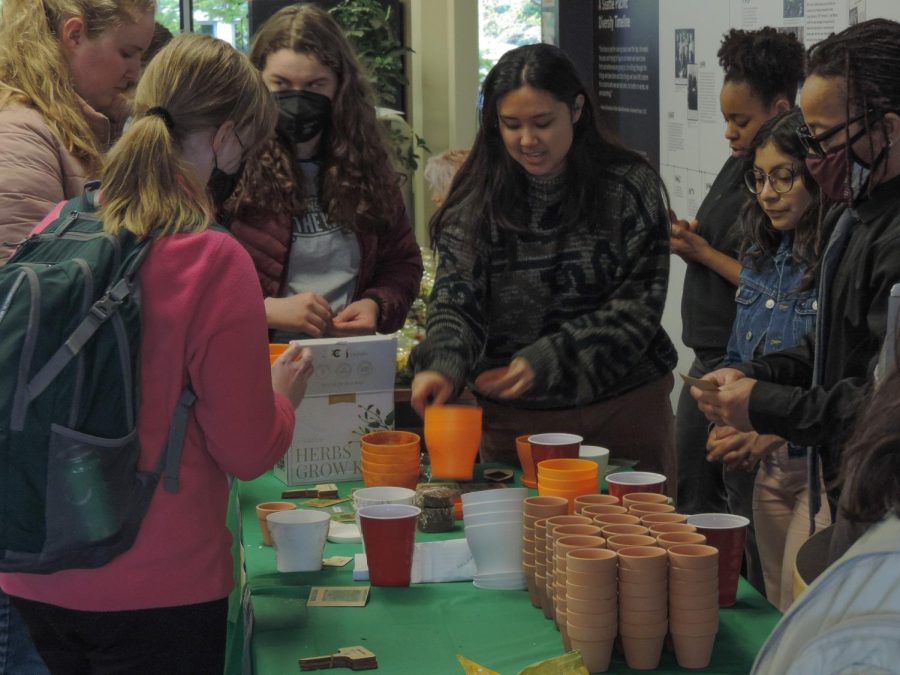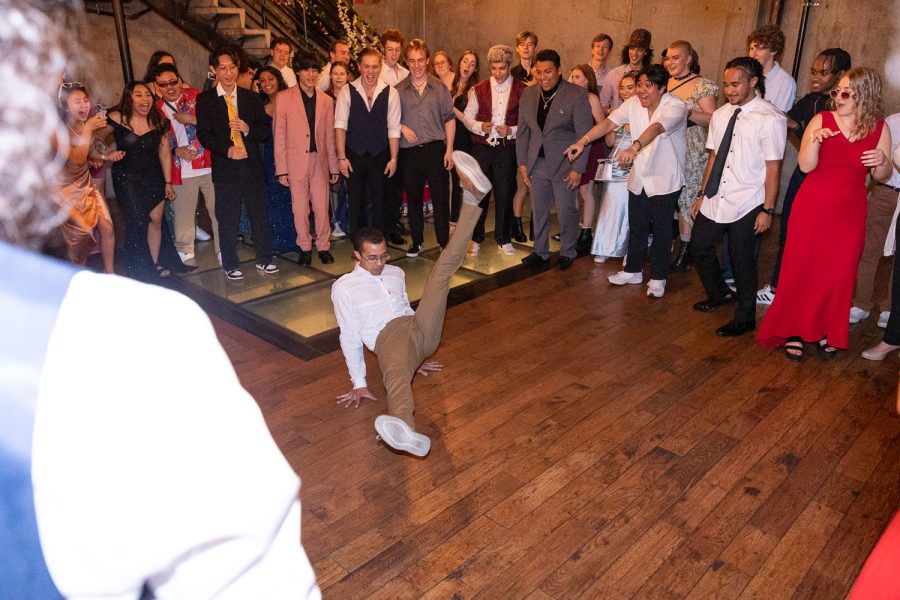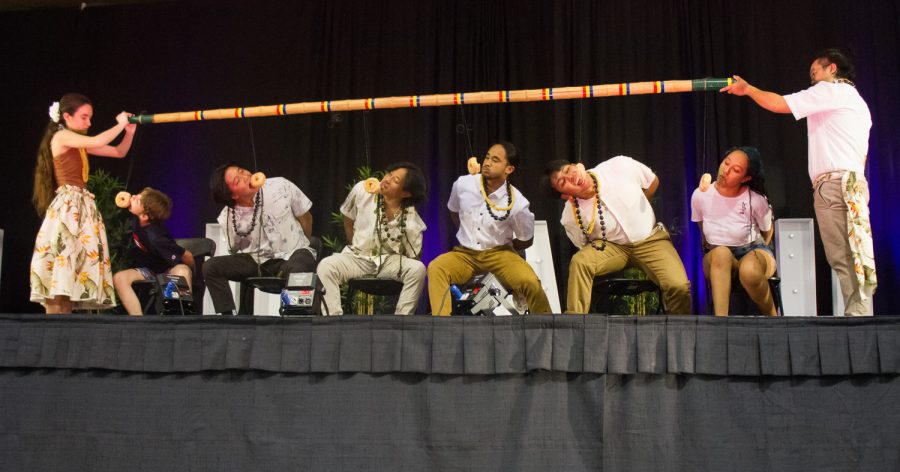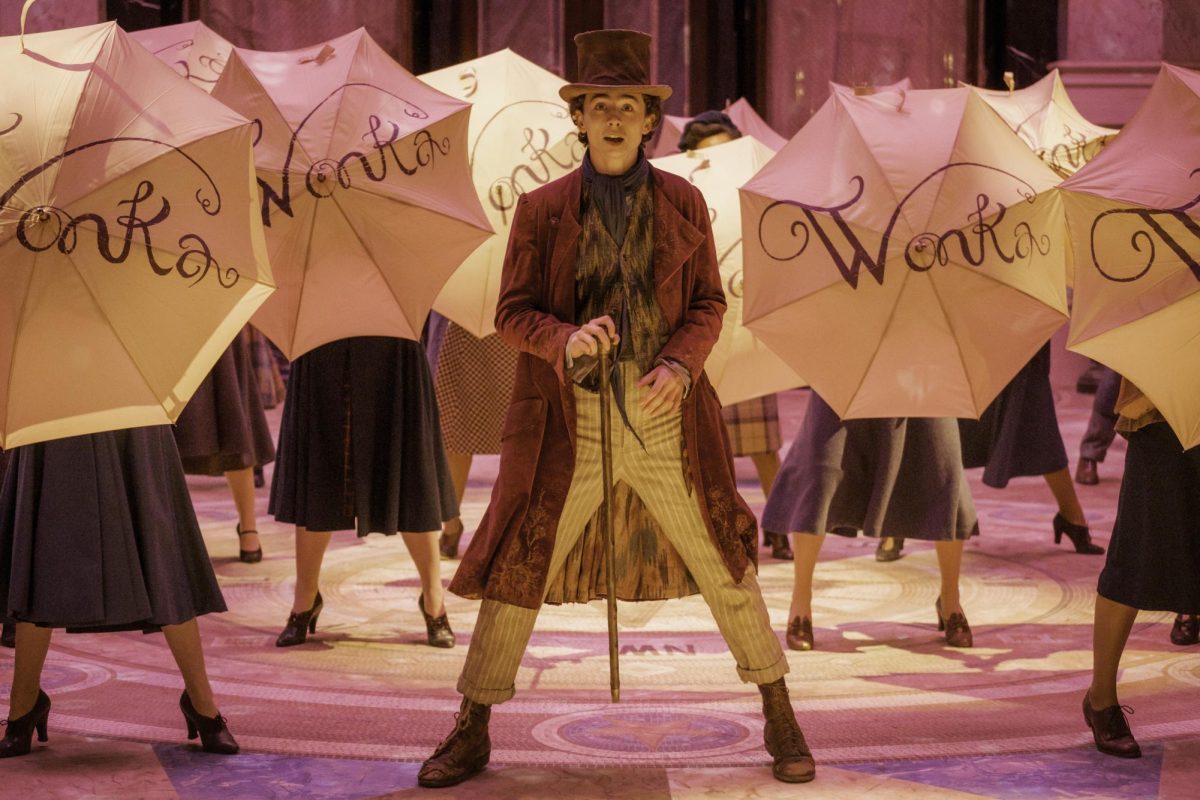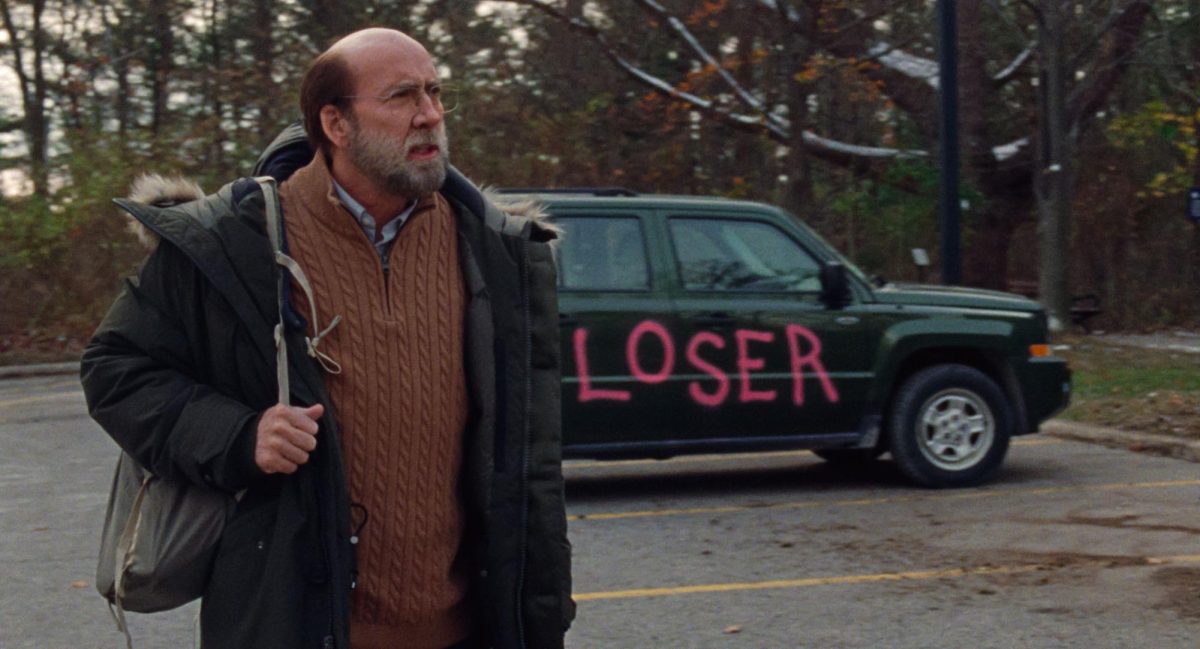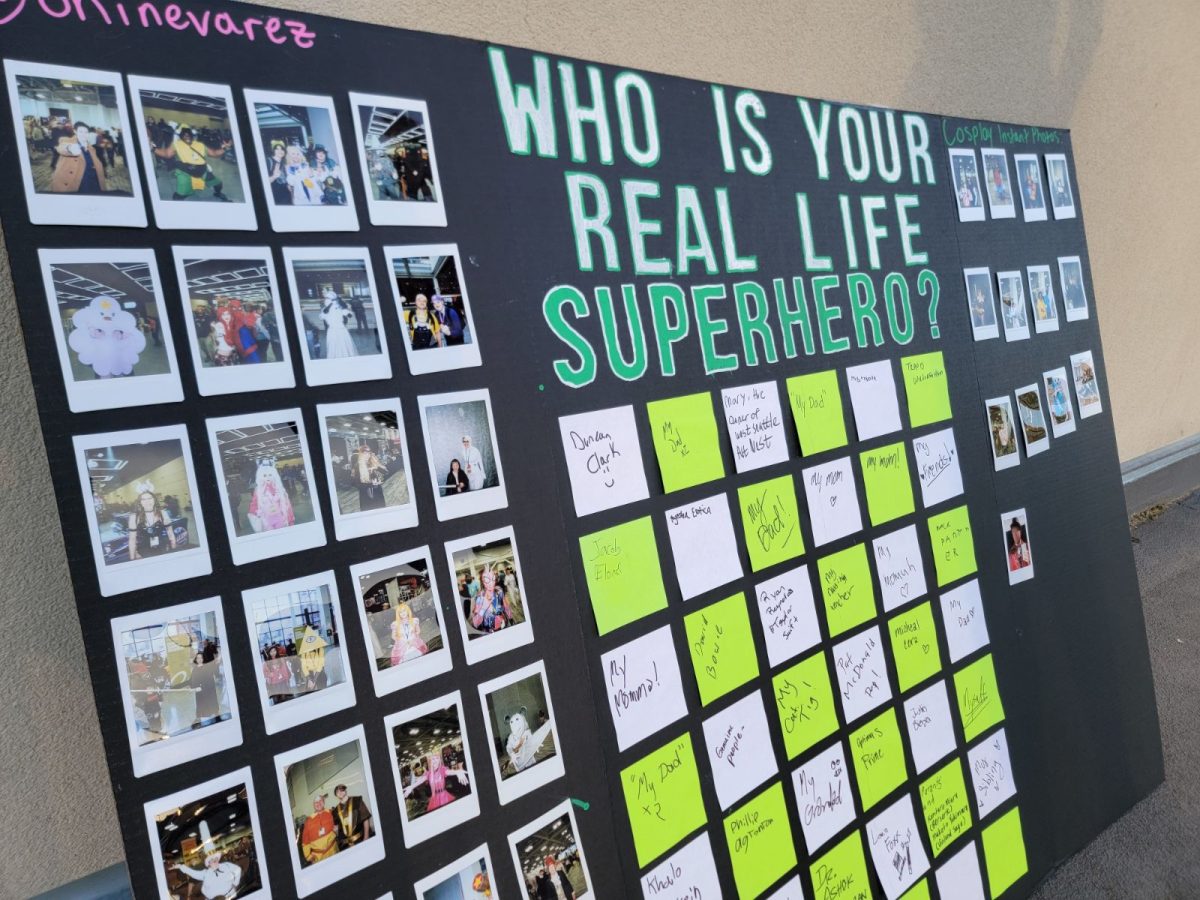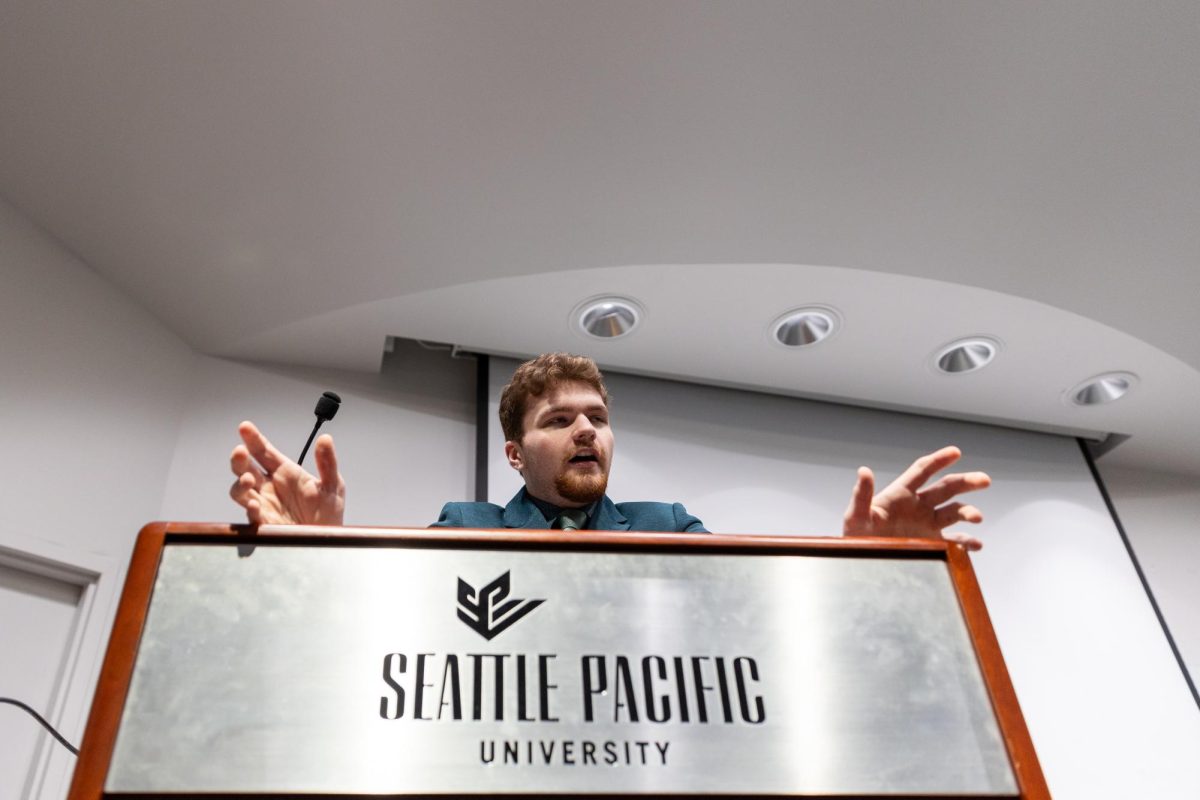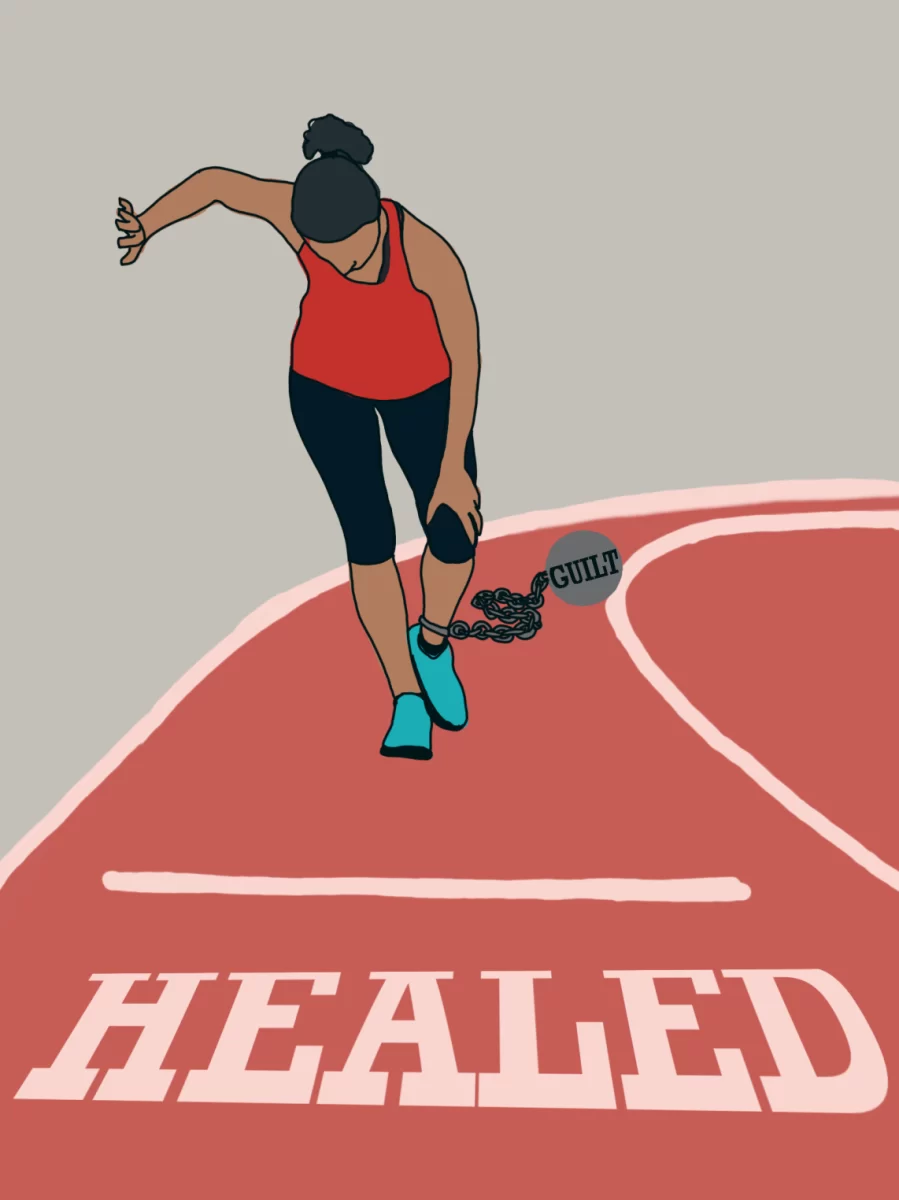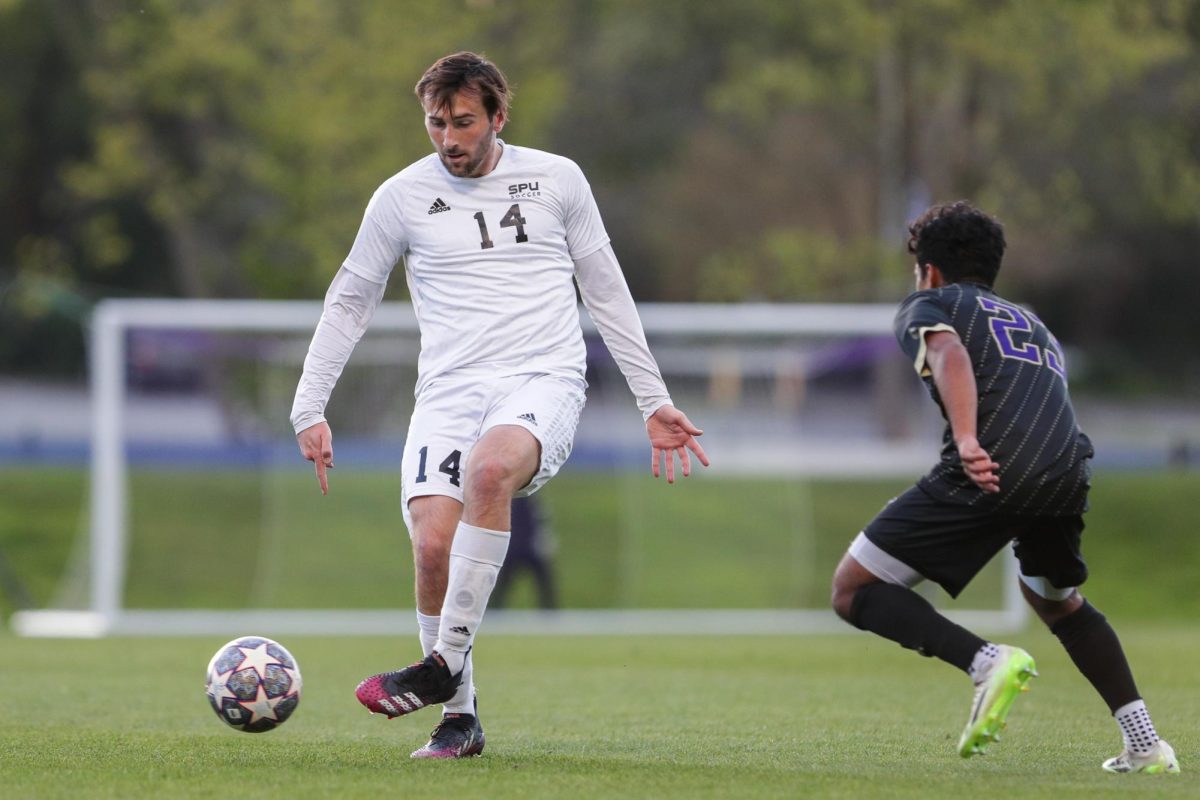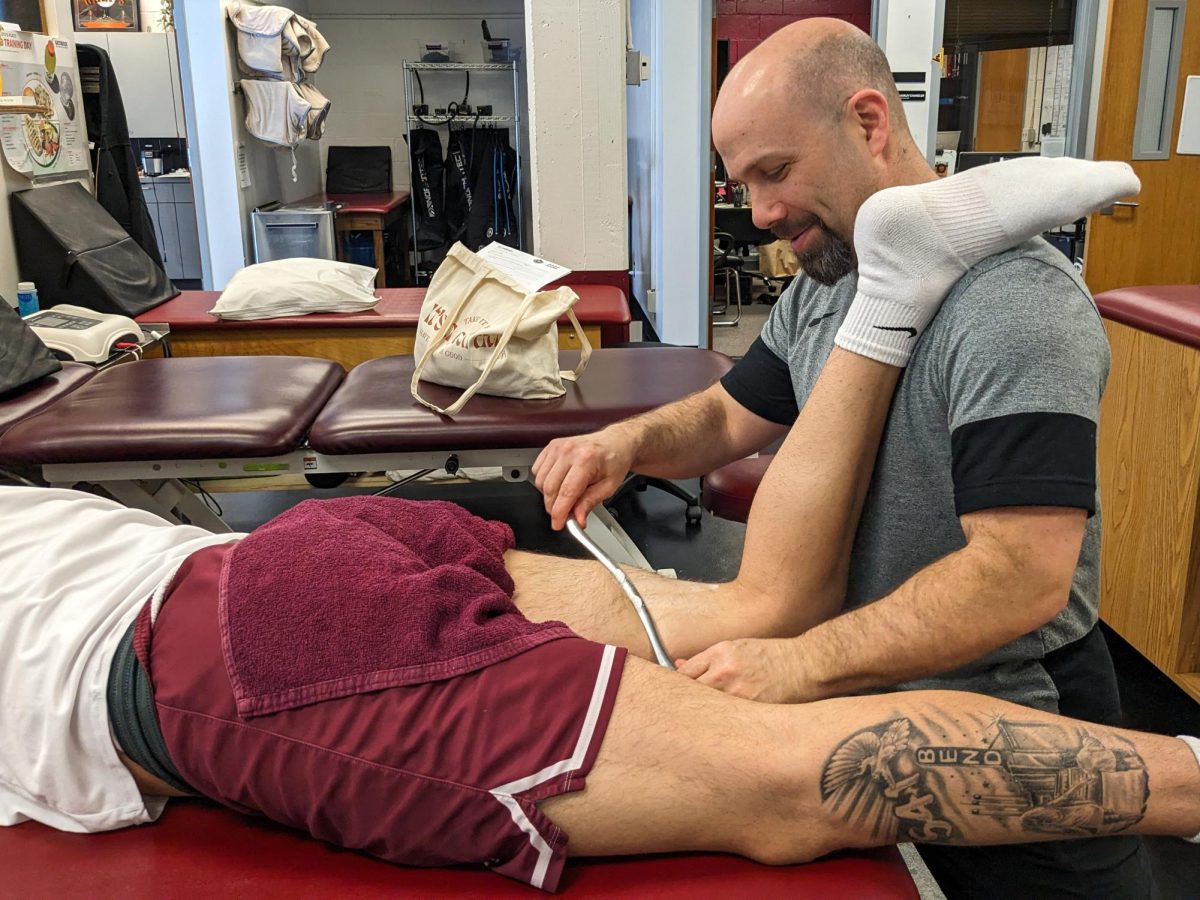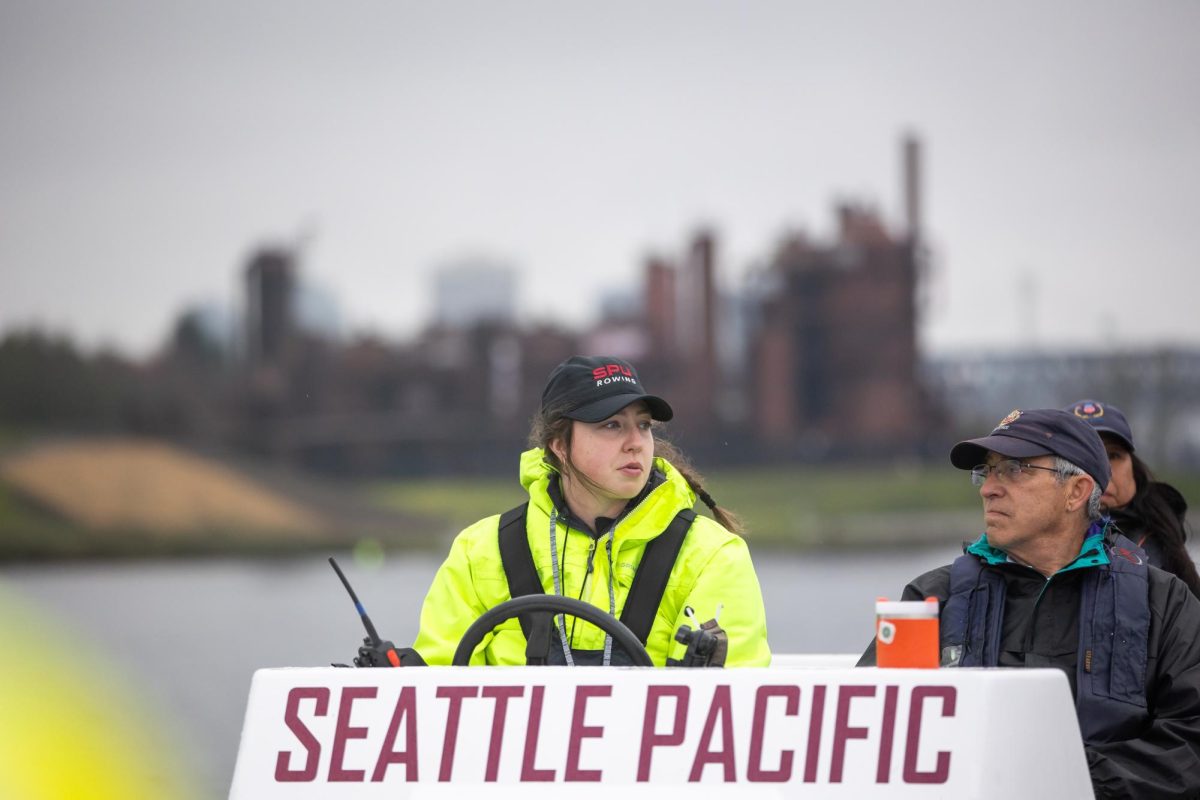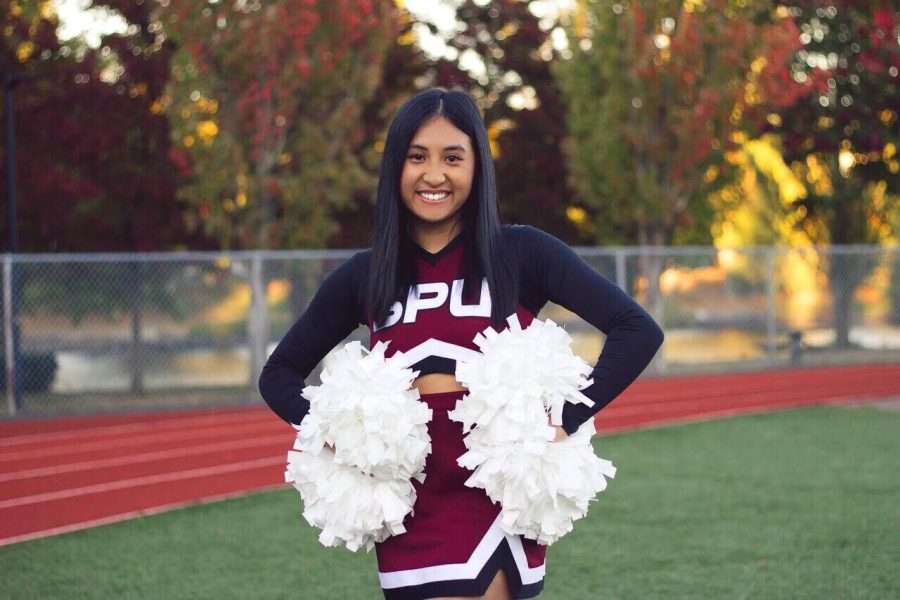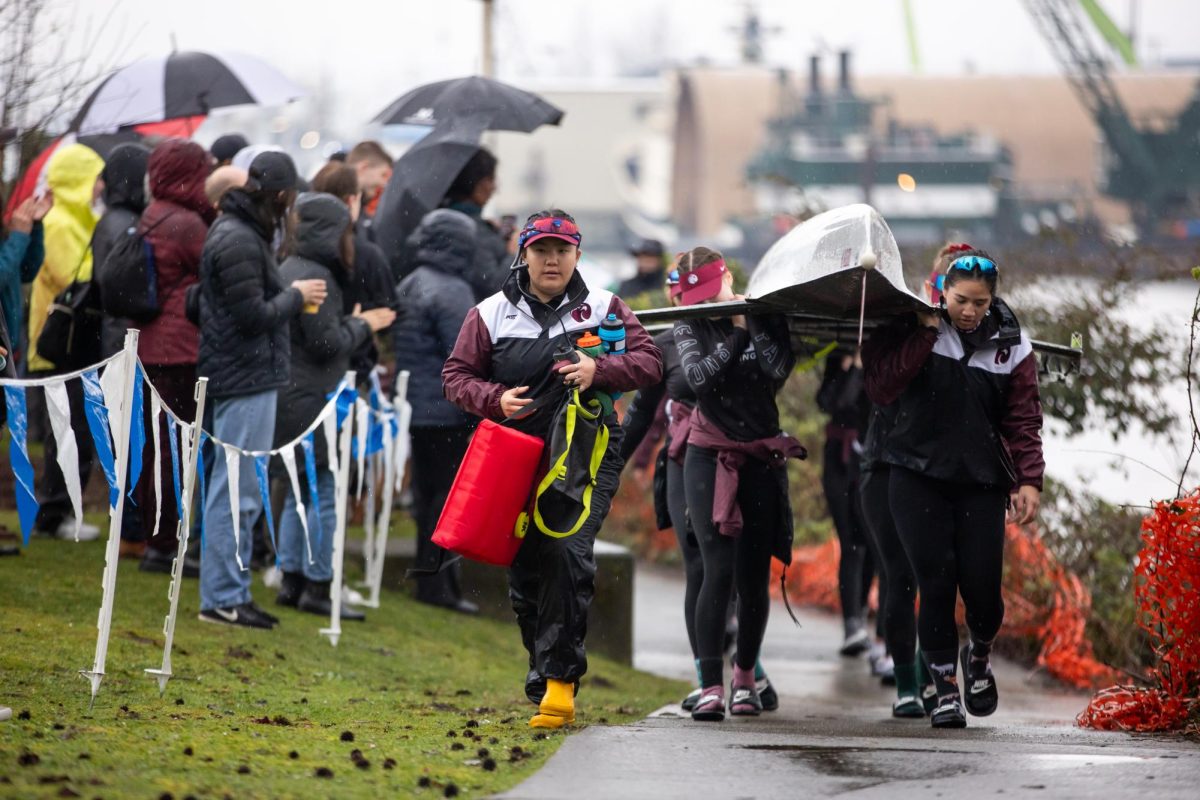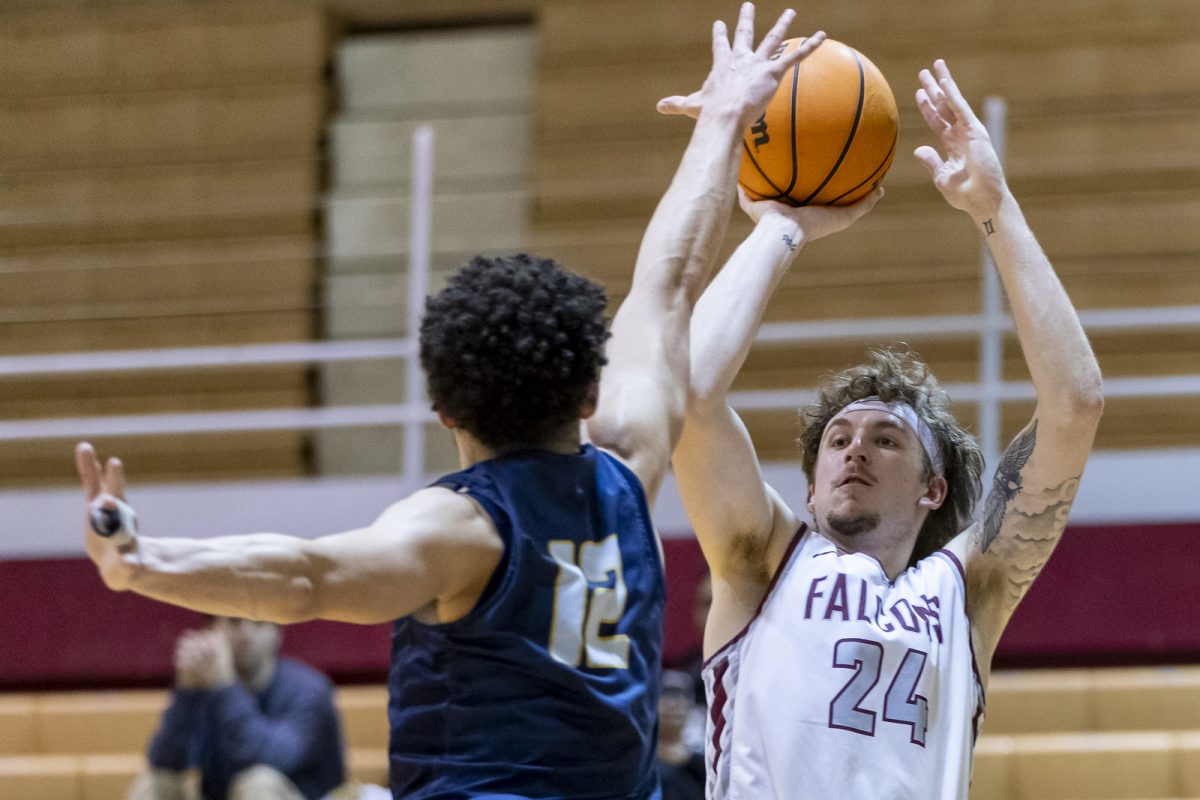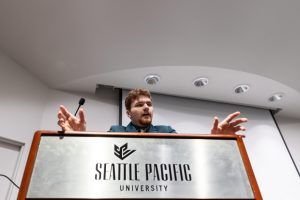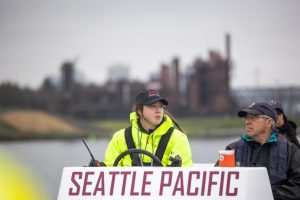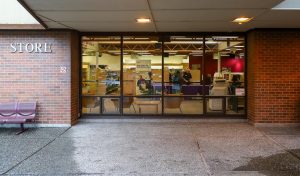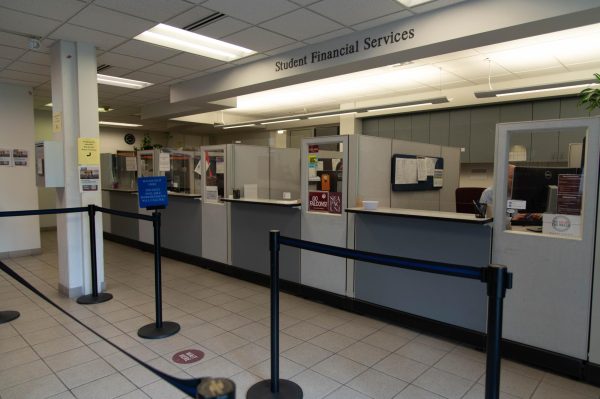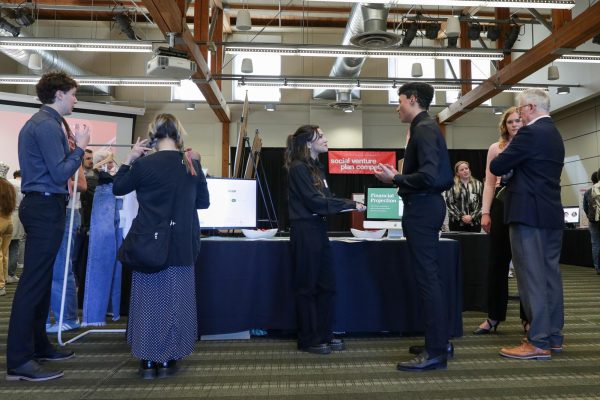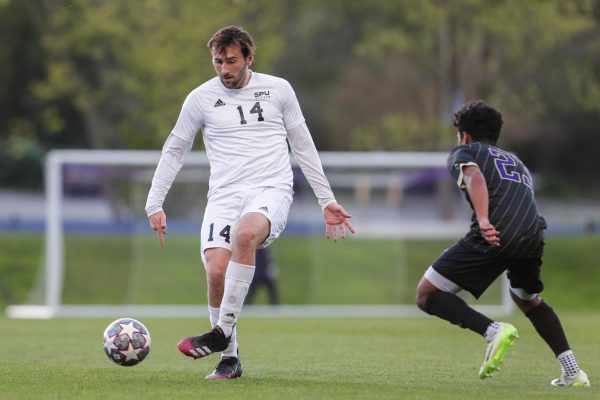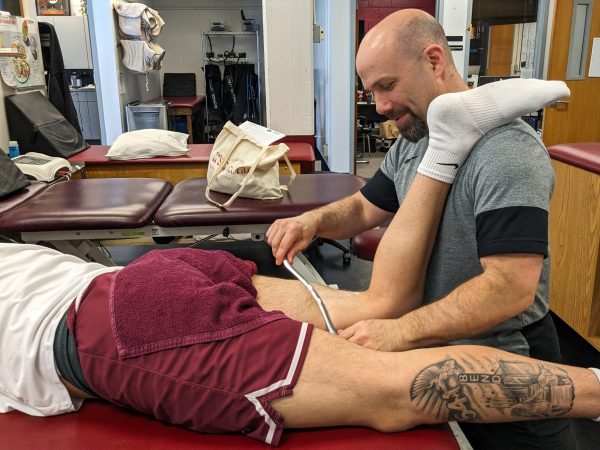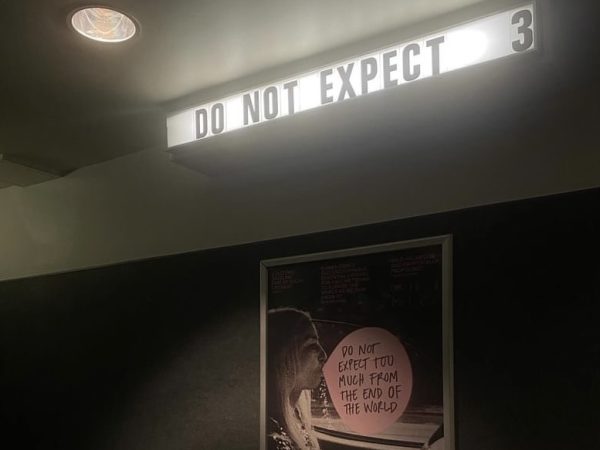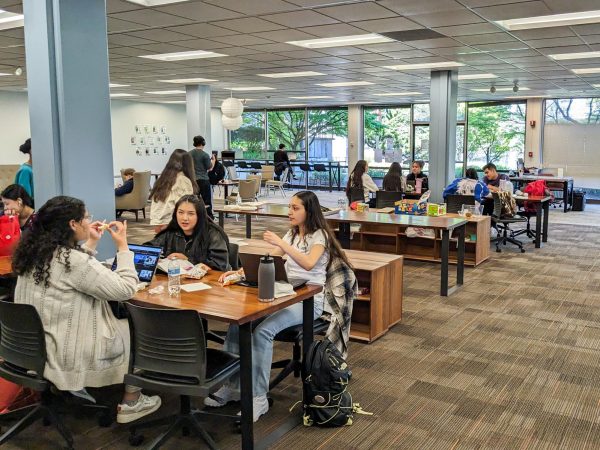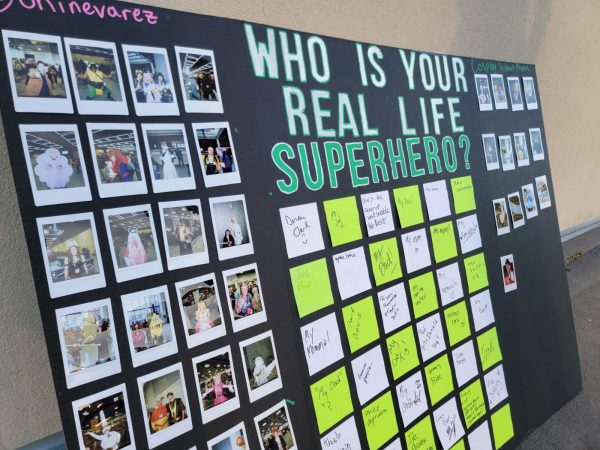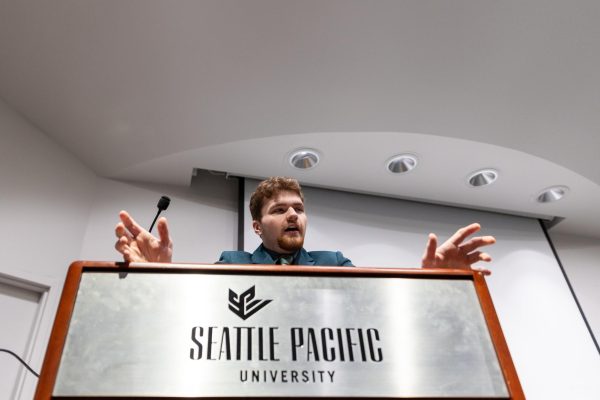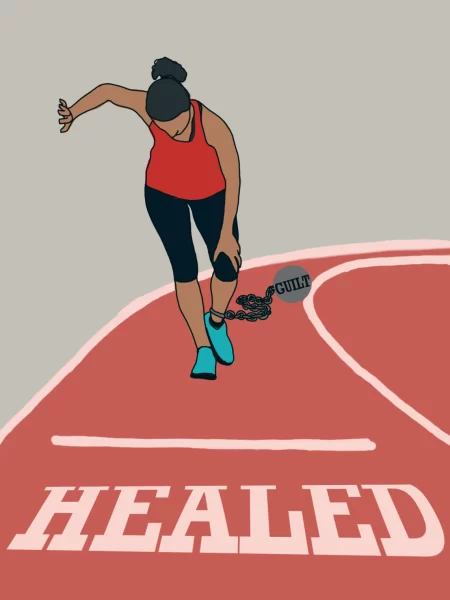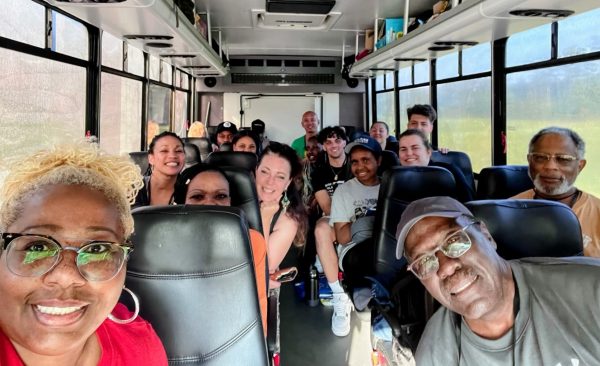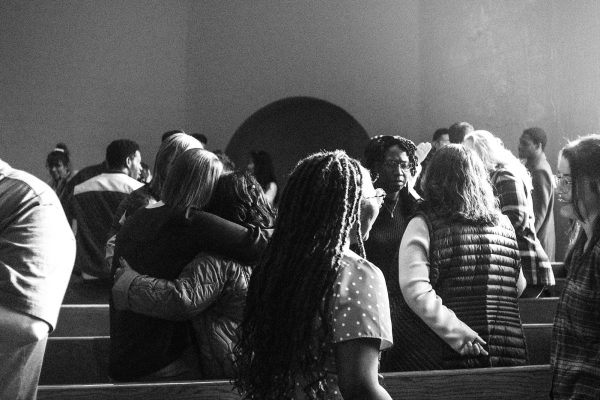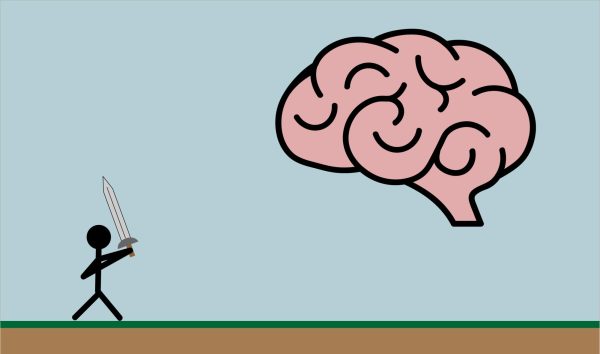Editorial Board Comment: Faculty takes training course over summer
Diversity and inclusion training for faculty aims to assist in difficult conversations on campus
September 17, 2020
This is another sacred moment in history where everyone who sits in a place of privilege and to look at the challenges of those with less of a voice.
People who are white, no matter what difficulties they face, at least get the benefits and bonuses of being white. These racially-tied perks are not something that anyone asks for or initially realizes to be true, but following the continued police brutality towards black Americans has asked everyone to look at their own privileges and to use those areas of easier access to work and walk alongside those who don’t share those access points.
Seattle Pacific University asked its faculty members to take additional training through Academics for Black Lives (A4BL) this summer to better equip them for a full academic year with a lot of growth needed in the discussions of equality, diversity, and reconciling the gaps. This training is aimed at giving faculty members the tools to learn and grow themselves and the students they interact with over the year. it is definitely a great stepping stone into deeper conversations about privilege.
“Academics for Black Survival and Wellness was organized by a group of Black counseling psychologists and their colleagues who practice Black allyship. Guided by a Black feminist frame, we hope to foster accountability and growth for non-Black people and enhance healing and wellness for Black people,” as stated on the website.
With a week-long, module-packed session of training, engagement, deep conversations, and accountability groups, plus the opportunity to join a 21-day training, A4BL offers many opportunities and in-depth ways of interacting with others who are also searching to better themselves and their academic communities.
But did the training stop with this website?
That remains to be seen. As classes start up again, campus gets back into the swing of living together in a pandemic, and as discussions of diversity and equality require more attention, this university should be able to start putting its money where its mouth is.
Training alone will never be enough to solve the problem, but if faculty weren’t just checking off boxes by completing this training, then progress is started. If SPU wants to continue to use the word reconciliation as something more than a billboard slogan to promote the “woke”-ness of this campus, then the student body, especially those who lack privilege, need to see action, like diversifying the faculty and administrative personnel members that represent and lead the student body by example.
What is the fruit of this training, and when can students expect “to taste and see” that it is good?

